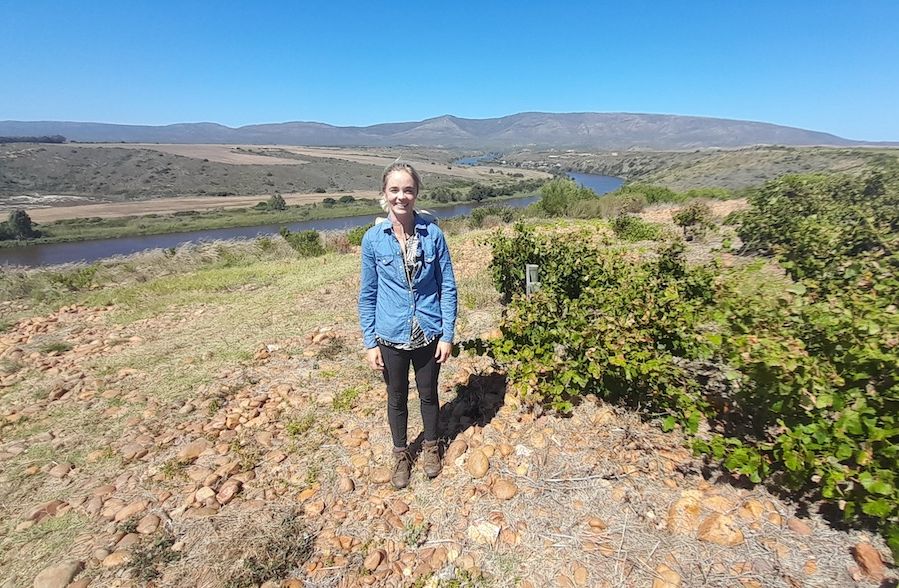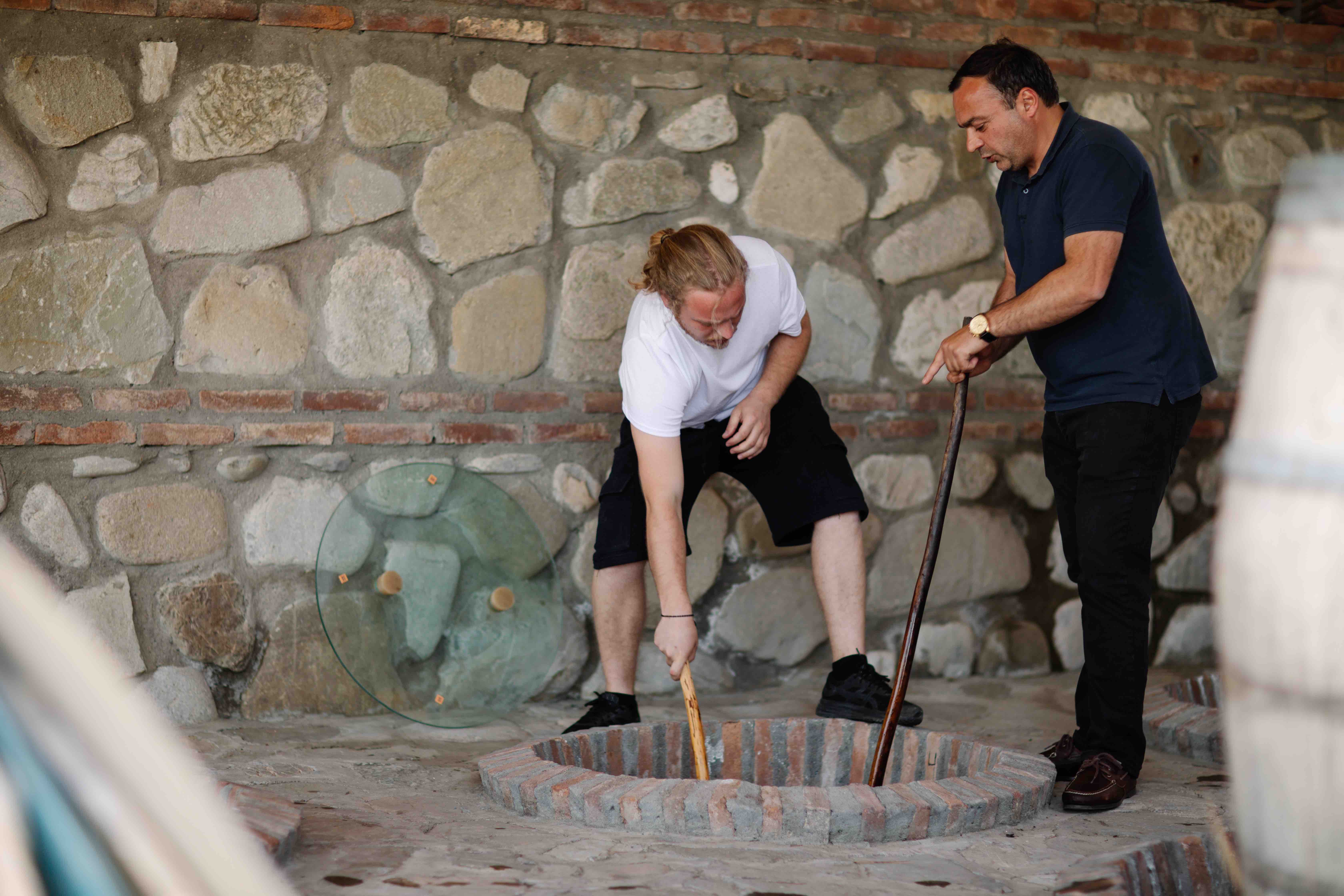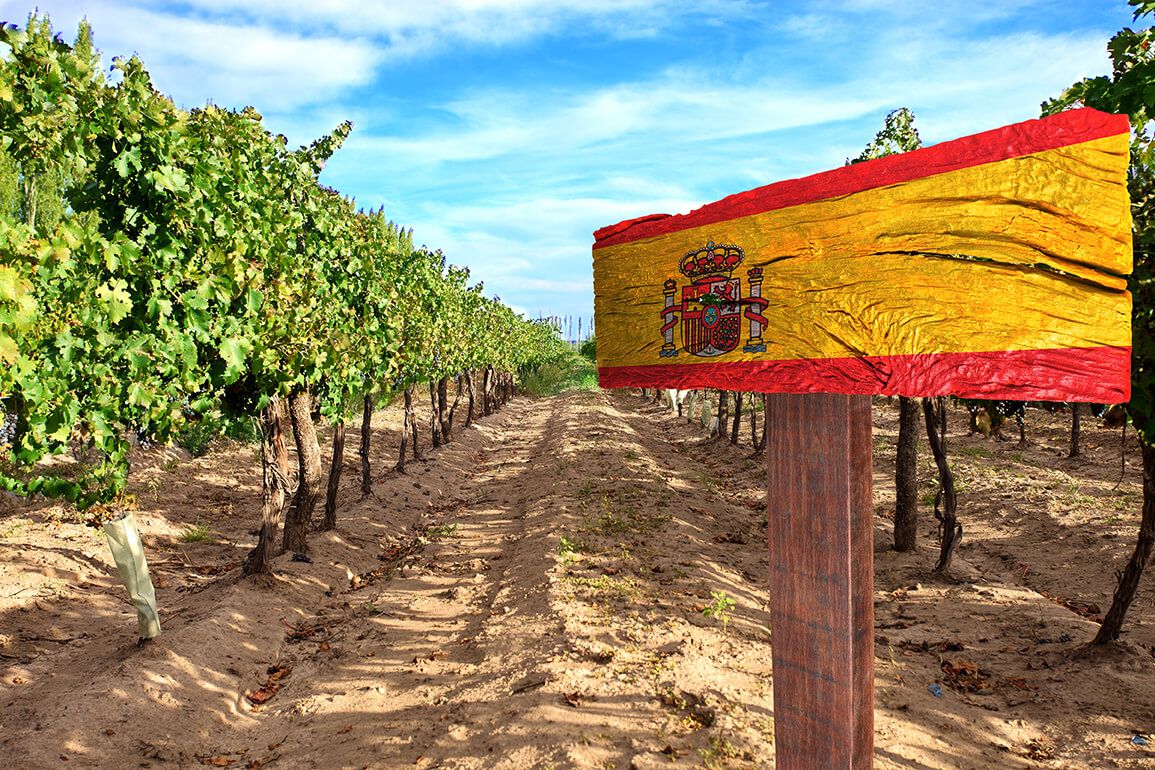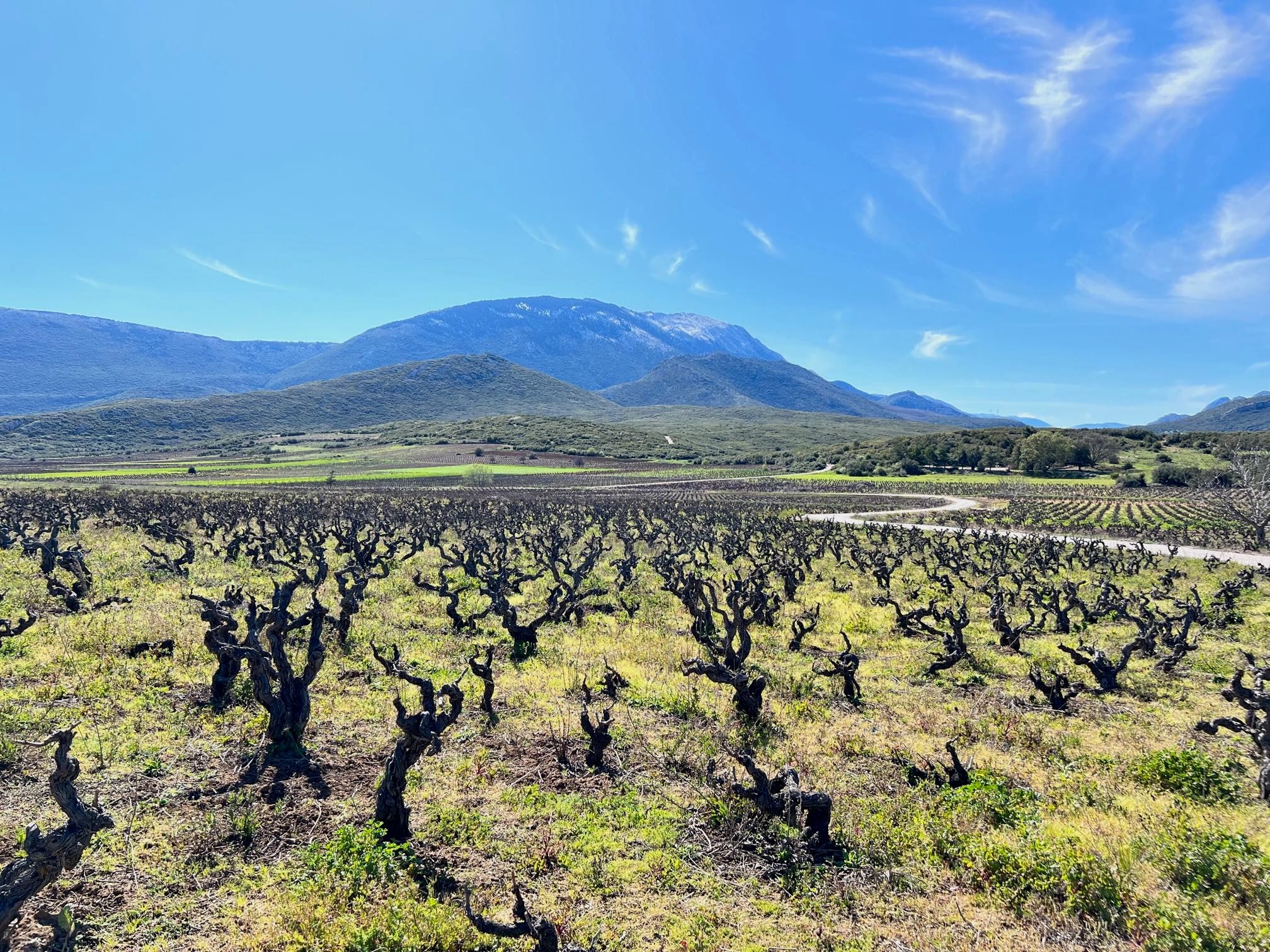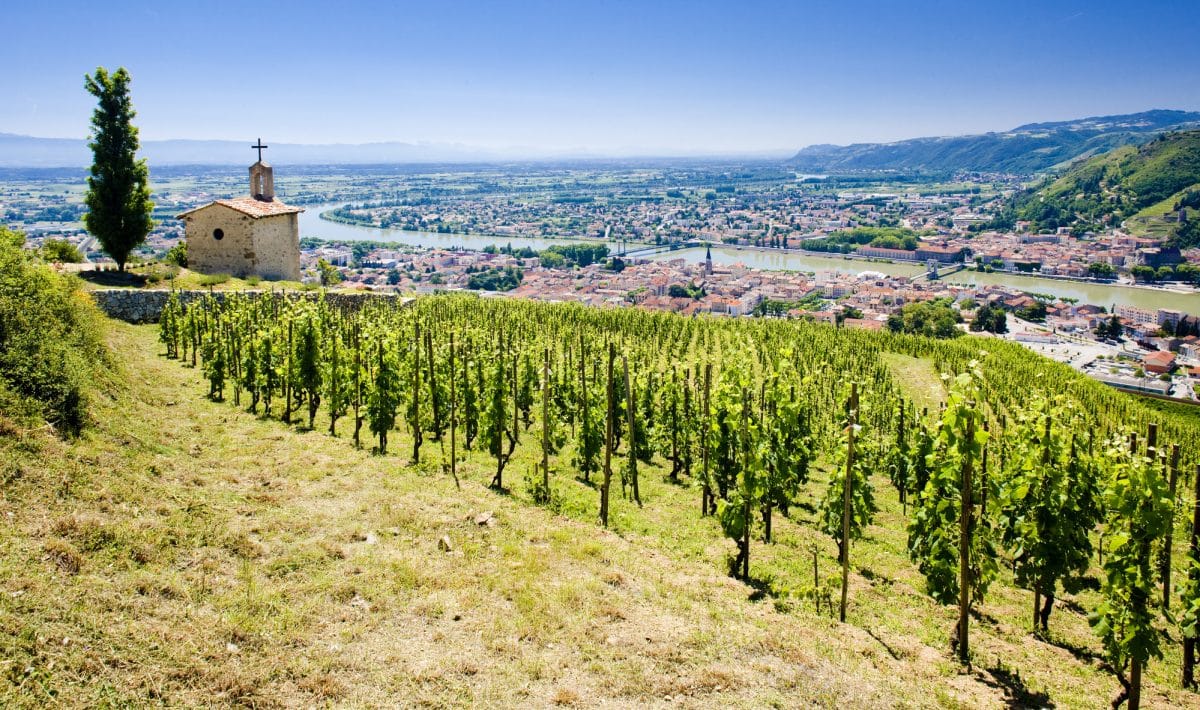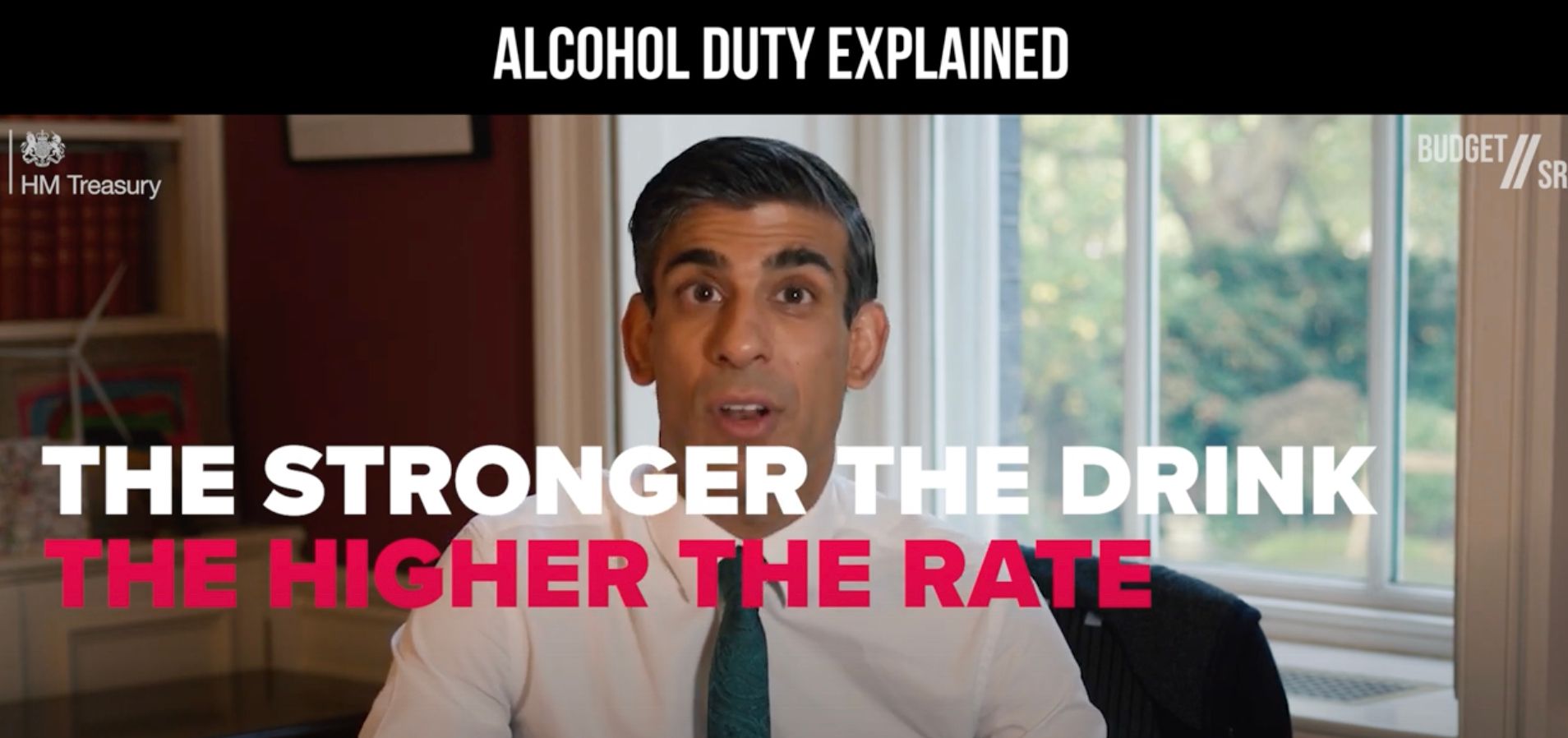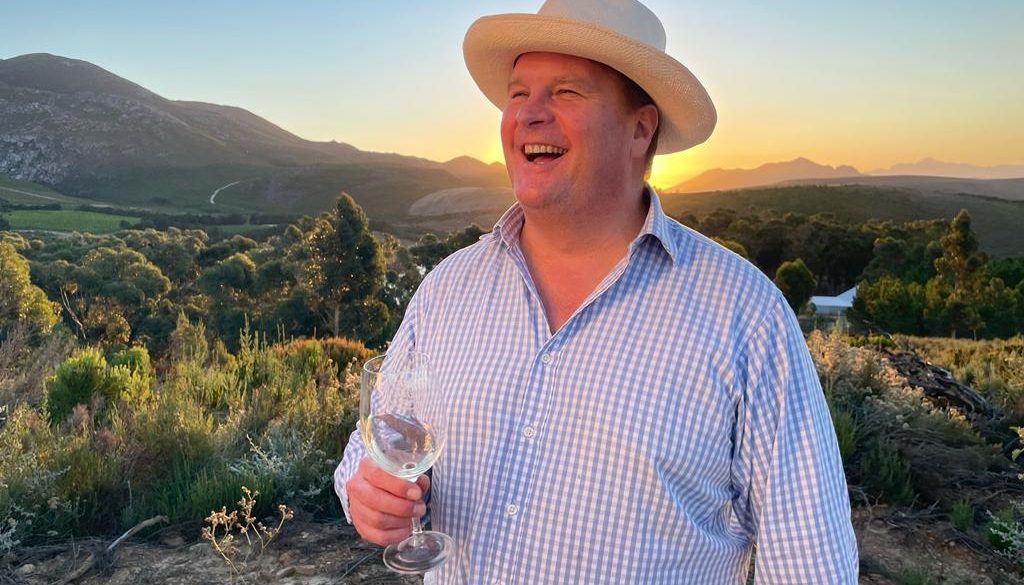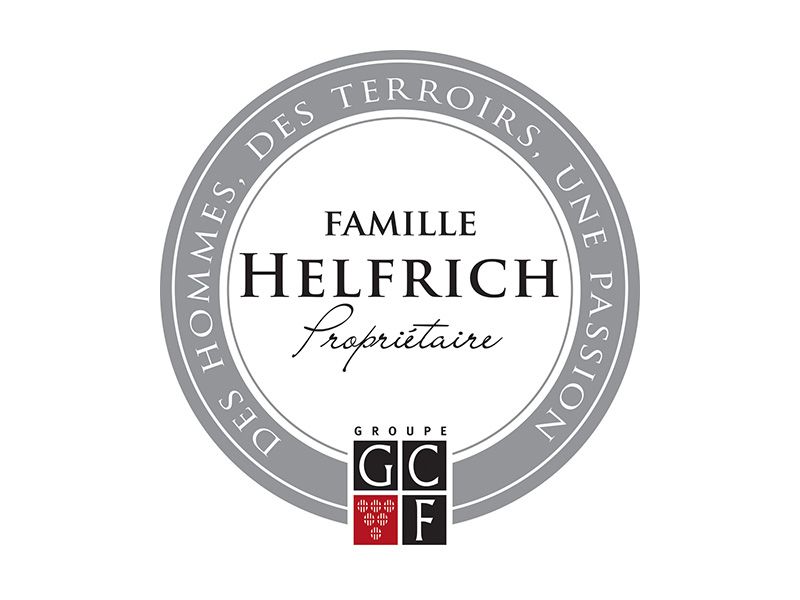“As a struggling writer, supporting premiumisation of English wine is like a turkey voting for Christmas,” writes Jeffreys.

Henry Jeffreys is best known as a spirits and fortified expert and ex-wine critic of The Lady
Peter Dean: What inspired you to write a book about English wine?
Henry Jeffreys: I’d love to claim the inspiration but actually it was an editor at Atlantic Books who came up with the idea. And I’ll be even more honest, I didn’t think it sounded very interesting. As far as I was aware English wine was all branded gilets and golfing umbrellas, and acres and acres of Bacchus. But then I got talking to a few people and realised that not only was the industry stuffed with big personalities but there were lots of little producers doing interesting things too.
Who is it aimed at and what will people find in the book?
The book is aimed at people who love a good story. There’s a lot of bloody-minded people triumphing or sometimes not against the odds. There’s some very funny bits, though I say so myself, not least the entire Chapel Down story which is like Howards’ Way meets Alan Partridge. So I am hoping it will sell outside the wine ghetto but there’s also lots of good stuff about clay and clones in there for wine bores like you and me.
Talk us through how you approached the subject
Originally I was going to write it as a straight history from Julius Caesar to Mark Driver, but I thought that might jump around too much. Then I thought of doing it as a sort of tour around the country but thought that might get repetitive. I mean, Kent isn’t that much different to Sussex or Hampshire. So in the end I wrote it in three sections: past, present and future. The past focuses on pioneering producers like Peter Hall, Chapel Down and Nyetimber plus some ancient history, and looks at how we arrived where we are. The present looks at issues facing the industry today like charmat fizz versus traditional method or sustainability. And then the last chapters looks at where all this might be heading.

True pioneer of the English wine revolution: Peter Hall, Breaky Bottom, February 2023
Can an English person ever be truly objective about English wine?
I don’t think any wine person can ever be objective about his subject. The job involves drinking wine with interesting people so you’re always going to have an emotional connection. Having said that, I have never been a champion for English wine, I started the project sceptical about the industry and ended it feeling very positive but I think I’m as honest as I can be about the quality of the wine.
If you were writing a school report on English wine’s progress to date – what would you say?
In the last 10 years I’d say B+ for effort. The difference in recent years has been staggering especially from newer producers who keep the old guard on their toes. Having said that, there’s still an awful long way to go. If you compare English wine to say France, then the picture doesn’t look quite so rosy. There’s still a lot of wines that are just a bit odd or underripe or much too expensive.
What is it doing well and what does it need to do better?
Chardonnay is getting really exciting especially from Essex and from Chapel Down’s Kit’s Coty range. That has a really bright future as long as you don’t mind paying more than £20 a bottle. I’ve had some great Pinot Gris too which really seems to suit southern England, also some good Pinot Blanc, Chasselas and even some Sauvignon Blanc. So the French and French (ish) varieties are coming on really well. On the minus side I think there’s still too many underripe sparkling wines or ones that are being released too young. There’s also some just plain awful old-fashioned stuff made from Rondo or Triomphe d’Alsace.
How do you see the balance between sparkling and still wine developing?
Still wine is definitely a coming thing, as I said Chardonnay is the one to watch. I think the percentage of sparkling wine will decrease though still remain dominant for the foreseeable future. We are likely to see more and more sparkling producers releasing stills wines if only to sell at the cellar door or in their restaurants.
With sparkling wine – do you think winemakers should concentrate more on NV or stick to vintage?
More NV please, all the cheaper ones should be NV. Tasting reserve wines at producers like Westwell in Kent made me realise the depth of flavour available which can make up for vintages like 2021. My favourite entry level English fizz like Westwell, Harrow & Hope and Coates & Seely are all NV.
Is protected status (for Sussex wine for example) a good thing?
I don’t get as upset about the Sussex thing as some writers. I think good for him, if it helps sell wine and protect quality which is what PDOs are about. Having said that I think it stands zero chance of resonating with customers. What English Sparkling Wine needs is a snappy name to differentiate itself from other types of sparkling – one that will reach the public.
Do you support premiumisation?
As a struggling writer supporting premiumisation is like a turkey voting for Christmas. I’d love it if it was possible to make a £10 chardonnay in England but it’s so clearly not because of yields, labour costs etc. so premiumisation is the way to go. Having said that I love the producers who aren’t racing for the top, trying to keep their prices reasonable and making wines that I can actually buy. I’d hate it if everyone started trying to be cult Californian producers. So yes to premiumisation but no to luxification, if that’s a word.
With still wine – is it really good or just ‘Good for England’?
I’d say about 40% is Good for England, 10% is actually good and 50% I’d really rather not drink.
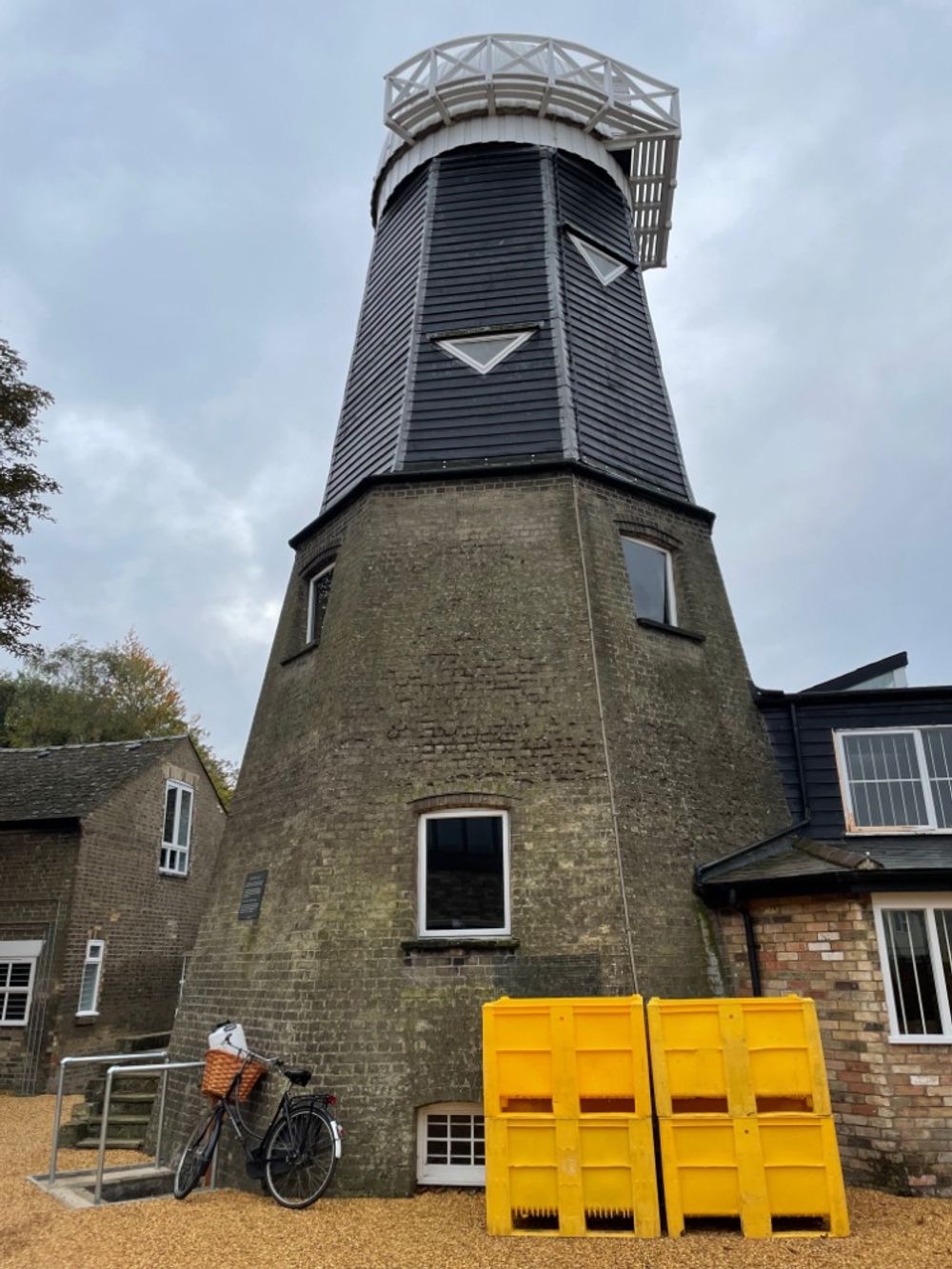
One to watch: Fruit arrives at Cambridge’s Gutter&Stars windmill winery
So the future’s bright but is the future Bacchus, Solaris or Rondo?
Oh God, what a choice! There are people like Flint in Norfolk doing interesting things with Bacchus and even Rondo, in tiny amounts. I think blends of all kinds of unsexy Germanic varieties and even hybrids can be really interesting, and because the yields tend to be better than the more fickle French varieties, they can be cheaper. One of my favourite wines on my travels was the 2021 Barons Lane red from New Hall, a blend of Pinot Noir Précoce, Acolon, Zweigelt and Rondo – yours for around £15. Then there’s the classic Davenport Horsmonden White which is always worth trying. I don’t think I’ve ever yet had a Solaris I’ve wanted another glass of though, but I’m trying to keep an open mind.
Is diversity good or should we concentrate on a few signature varieties?
Definitely variety being the spice of life, USPs are so boring.
Do you really believe that “English Pinot Noir is giving Burgundy a run for its money”?
The quote in the book is “making Pinot Noir that gives Burgundy a run for its money?” And yes, there are some English Pinot Noirs that I’d rather drink over some Burgundies. Obviously there aren’t that many and they’re not taking on the very best of Burgundy but there are some that certainly would not disgrace themselves in a line-up of equivalently priced wines from Burgundy and Pinot Noirs from around the world.
Name the upcoming wineries that sommeliers should get on their radar
Gutter & Stars and Blackbook are probably my two picks for up-and-coming producers. Both are urban wineries, buying in grapes creating distinctive, (relatively) affordable wines that are classically styled and beautifully packaged. Artelium in Sussex is making some great Pinot Gris and Chardonnay. Among sparklers I love the wild, just-the-right-side-of-funky saignée rose from Everflyht (even if the name sounds like a make of golf ball.) Also very much enjoyed the zero dosage trad method wines from Domaine Hugo in Wiltshire. They are made by Daniel Ham at Offbeat wines who is doing some really interesting stuff including a Pinot Gris ‘rancio’ wine which has been left out in the sun in a glass demi-john, Banyuls-style.
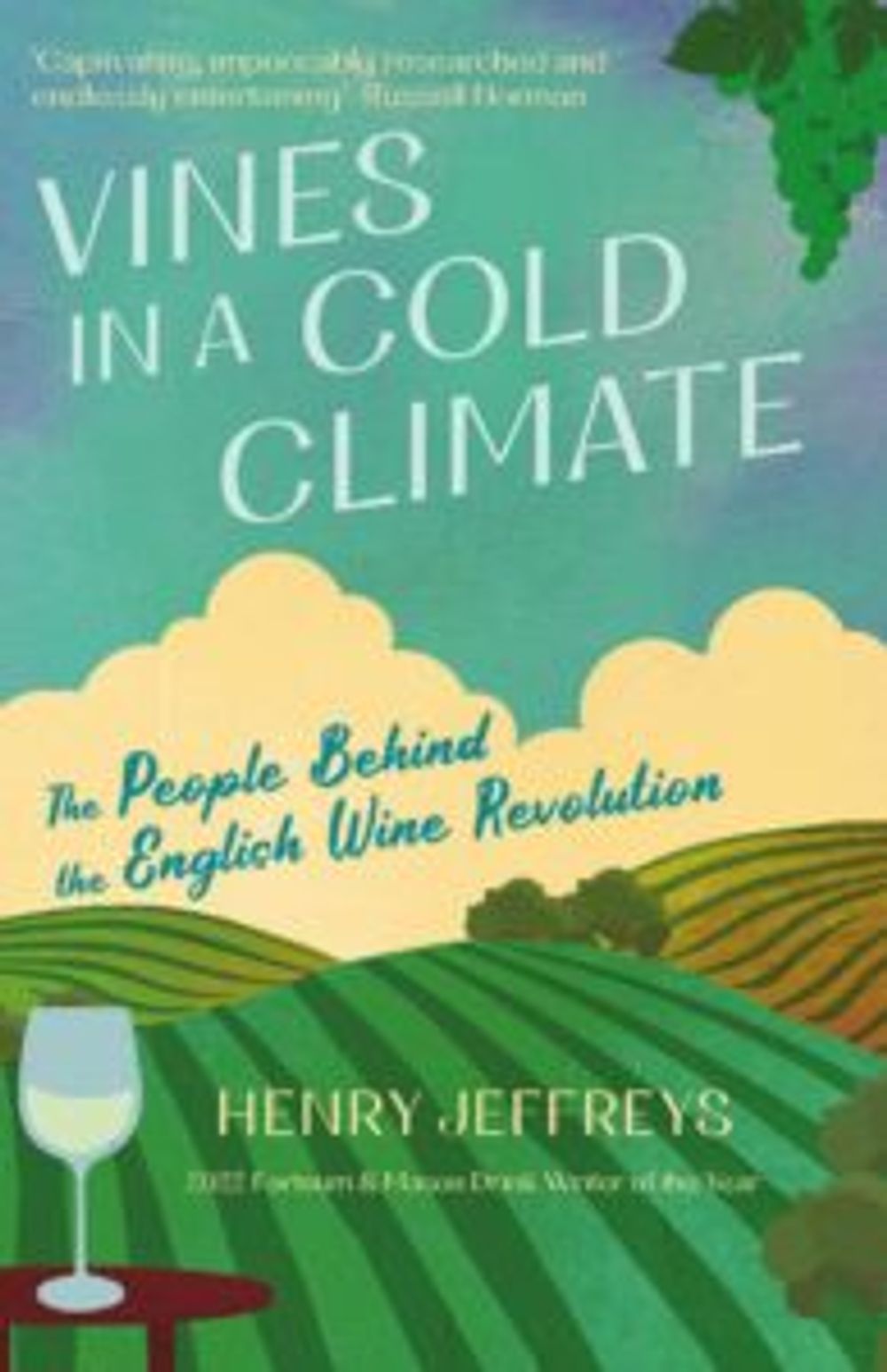
Vines in a Cold Climate: the People Behind the English Wine Revolution by Henry Jeffreys will be published 3 August by Allen & Unwin.

